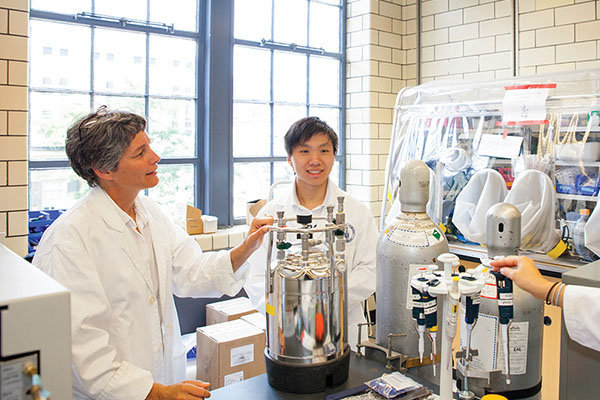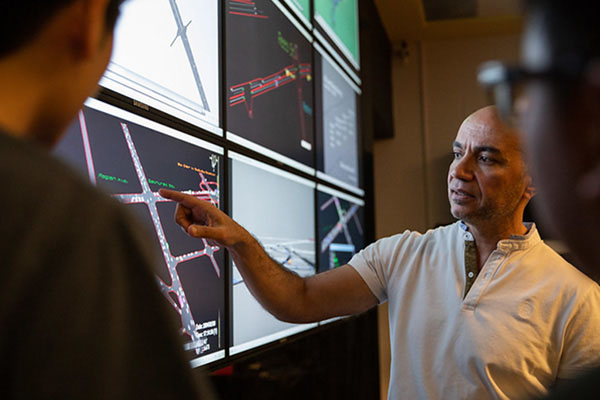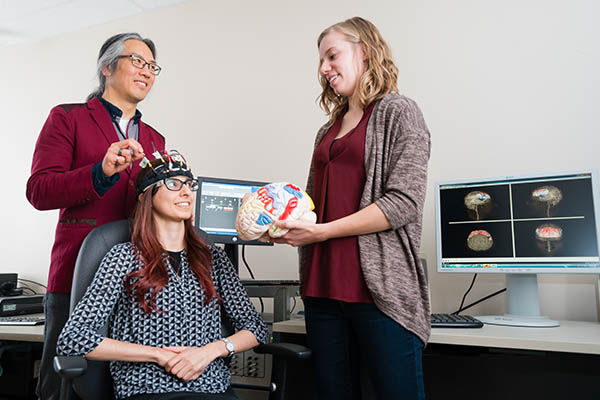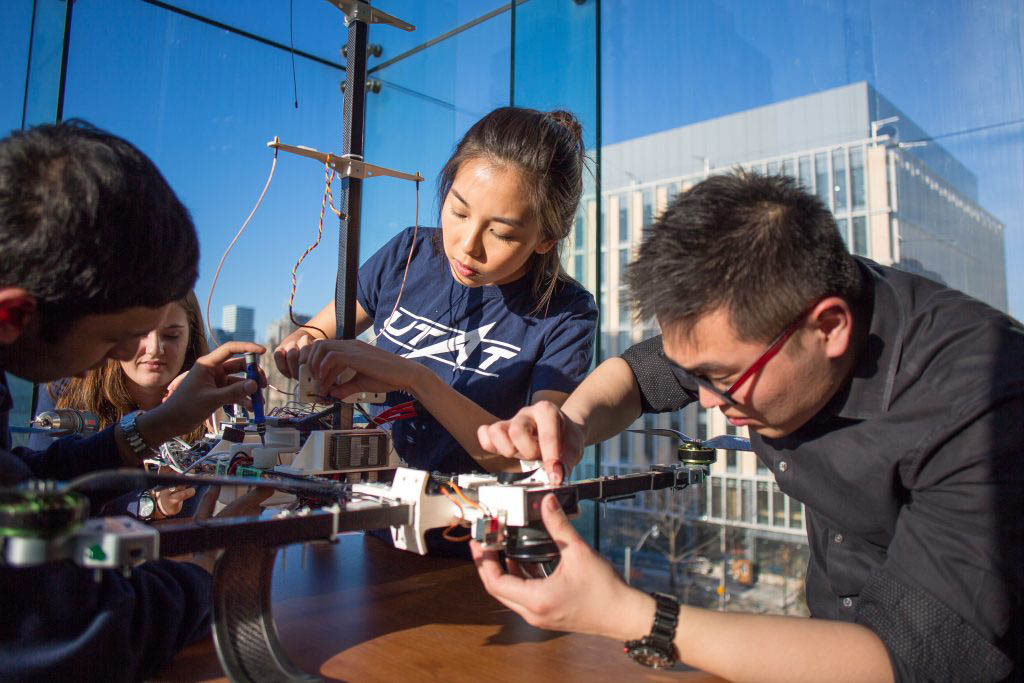Abstract
Robot design is an inherently difficult process that requires balancing multiple different aspects: kinematics and geometry, materials and compliance, actuation, fabrication, control complexity, power, and more. Computational design systems aim to simplify this process by helping designers check whether their designs are feasible and interdependencies are satisfied. But what can we say about when a design that accomplishes a task even exists? Or what the simplest design that does a job is?
In this talk, I will discuss recent work from my group in which we have discovered that, in some cases, design problems can be mapped to problems in robot planning, and that results derived in the planning space allow us to make formal statements about design feasibility. These ideas apply to systems as varied as traditional robot arms, dynamical quadrupeds, compliant manipulators, and modular truss structures. I will share examples from systems developed in my group and forecast forward on the implications of these results for future robot co-design.
Speaker Bio
Cynthia Sung is an Associate Professor in the Department of Mechanical Engineering and Applied Mechanics (MEAM) and a member of the General Robotics, Automation, Sensing & Perception (GRASP) lab at the University of Pennsylvania. She received a Ph.D. in Electrical Engineering and Computer Science from MIT in 2016 and a B.S. in Mechanical Engineering from Rice University in 2011. Her research interests are computational methods for design automation of robotic systems, with a particular focus on origami-inspired and compliant robots. She is the recipient of a 2024 ARO Early Career Award, 2023 ONR Young Investigator award, and a 2019 NSF CAREER award.
Website: sung.seas.upenn.edu












